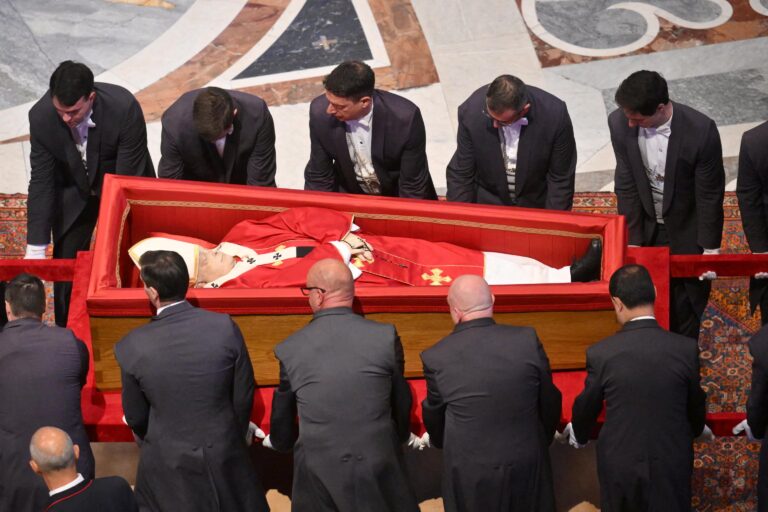
Will the UK hold snap elections?
Now that the EU has agreed to a three-month Brexit extension, the UK may have to prepare for a general election — if Prime Minister Boris Johnson gets his way. Here’s a look at what might happen next.
Will an election be called?
Not as straightforward as it would appear. The government has tabled a motion under the Fixed-term Parliaments Act (FTPA) for Members of Parliament (MPs) to debate and vote on a general election for December 12. However, under the FTPA — which was passed in 2011 to ensure the cycle of five-yearly elections and prevent the prime minister from calling an election at her or his whim — the prime minister can call an election only if at least two-thirds of MPs back it. In other words, at least 434 MPs would have to give the green light. More than a third of all MPs are from the main opposition Labour, effectively giving the party a veto.

The next election isn’t due until 2022, but Johnson wants an early poll to try to restore his Conservative Party’s majority and thus make it easier to get his Brexit deal through Parliament. Currently, if every opposition MP voted against the government, it would lose by 45 votes.
Can the government find a way around that caveat?
The government and the opposition Liberal Democrats and Scottish National Party (SNP) have raised the possibility of either amending the FTPA or passing a one-line bill that outlines a specific election date. In yet another twist, their proposal calls for an election on December 9 and rejects Johnson’s later election date, which they believe would give him more time to force through his Brexit deal.

Such a bill only requires a straightforward majority to pass the House of Commons. However, unlike a motion under the FTPA, a one-line bill can be amended, for example to extend the vote to 16- and 17-year olds, or EU nationals, something the Lib Dems are especially keen on. Another option would be for Johnson to resign or call a no-confidence motion in himself if Labour doesn’t do him the favor. However, that would not trigger an immediate election. Instead, MPs would get a chance to try to form an alternative government.
In all cases, the precise election date is set by the prime minister, which he recommends to the queen. Parliament then shuts down — or dissolves — 25 working days before election day.

Does Johnson hold an election advantage?
Since entering Downing Street, Johnson has been trying to unify the Leave vote by taking a hardline Brexit approach, while hoping that Labour leader Jeremy Corbyn can’t rally Remain voters to the same degree. The latest polling figures put the Conservatives at around 40% and Labour at 24%. The Liberal Democrats are on 15% and Nigel Farage’s Brexit Party sits on 10%.
What about the opposition?
By most accounts, Labour is ready for an election but will only agree to it once the specter of a no-deal Brexit has been taken off the table. In terms of its chances, it’s unlikely it can pull off a repeat of its performance at the polls in 2017, when leader Corbyn did better than expected against former Prime Minister Theresa May, who turned out to be a hapless and hopeless performer. Few believe, however, that Johnson could be as poor a campaigner as May and, while he remains divisive, his popularity ratings have actually improved since he became prime minister. Corbyn, meanwhile, is seen as the most unpopular Labour leader of the past 45 years.
The Lib Dems have seen a revival under their new leader, Jo Swinson, who wants the UK to stay in the EU and would be campaigning on a Remain platform. Meanwhile, the SNP is projected to win big in Scotland, thus making the prospect of a second independence referendum increasingly likely.
Could Nigel Farage end up as kingmaker?
Johnson’s focus is on defeating the Labour Party. But his Conservatives must also dramatically reduce the Brexit Party’s share. Nigel Farage’s party is polling around 10%, support that would otherwise go to the Conservatives. Farage has said he would help the Conservatives if the prime minister embraced a no-deal Brexit. But Johnson has rejected any type of election pact with the Brexit Party.






You must be logged in to post a comment.